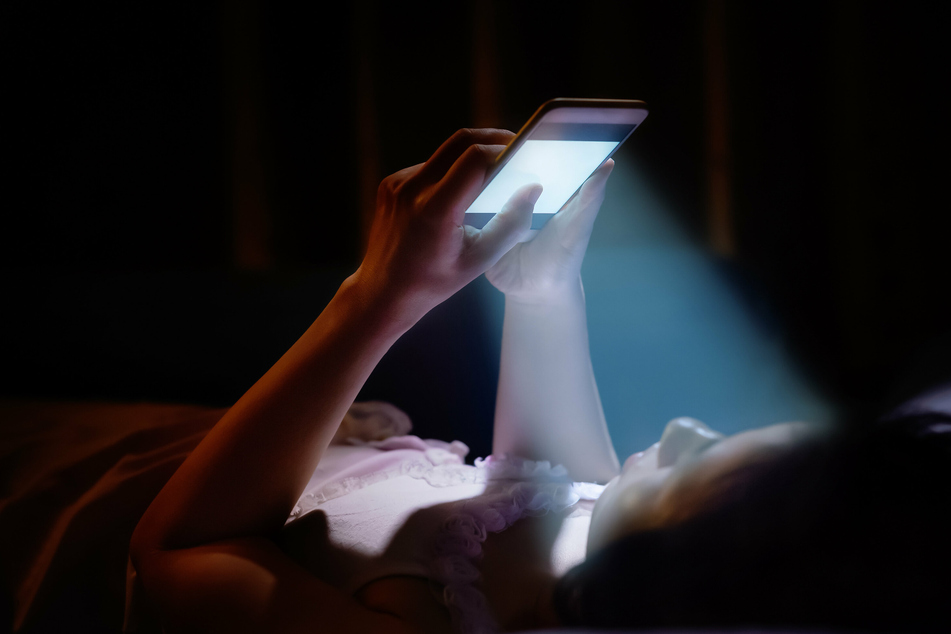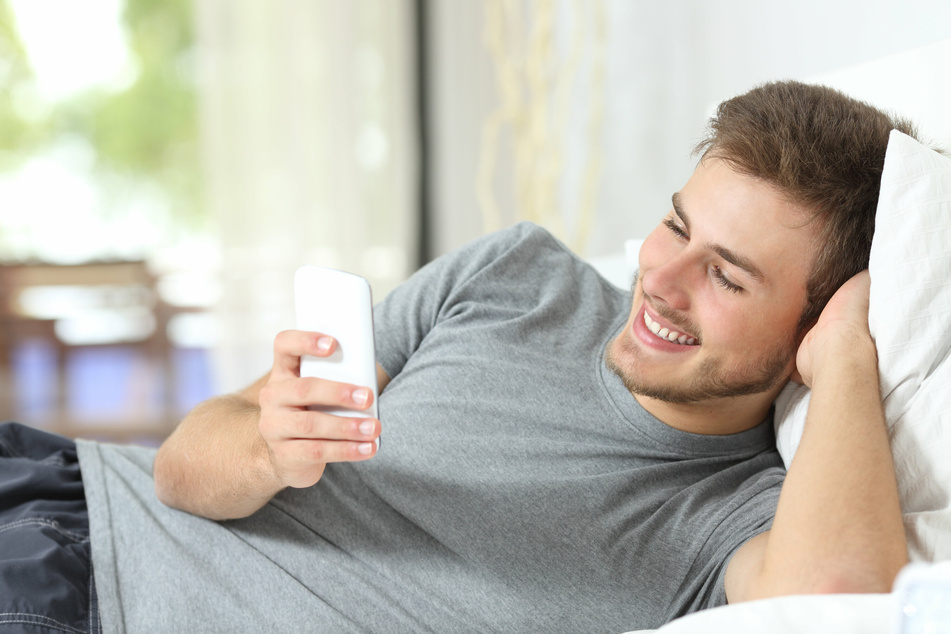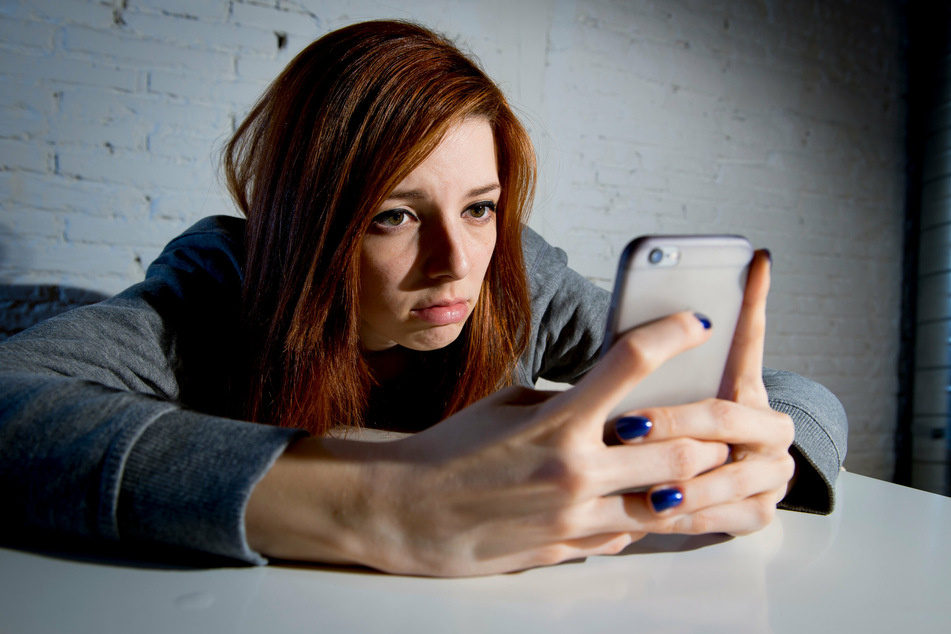A meme a day keeps the therapist away, study on pandemic stress shows
State College, Pennsylvania – Viral memes could be some of the best medicine for dealing with pandemic stress – that's the lesson of fresh research into the impact of humorous online content during the pandemic. People who look at the right kinds of memes are more positive around others, it seems.

A few funny memes every day can be enough to help people better cope with the everyday stresses of life during the pandemic, according to a US study on the effect of the humorous online content, published in the Psychology of Popular Media journal.
Such comical photos shared on social media can also increase people's confidence in their ability to deal with the pandemic – but only if they are not too cutesy, according to the researchers.
The idea that memes, of all things, could be a key weapon in the mental health battle during the pandemic is not as far-fetched as it might sound at first.
Last year, a study published in the journal Scientific Reports reported that memes about depression can help lift the mood of those with mental health problems.
"As the pandemic kept dragging on, it became more and more interesting to me how people were using social media and memes in particular, as a way to think about the pandemic," says Jessica Myrick, lead author of the new study.
For the Penn State University professor, it is not the first time she has dealt with a pop-cultural internet phenomenon. One of her previous studies had looked at the effects of cat videos on happiness.
Humor and stress

For her new study, Myrick and her team surveyed 748 people online last December to find out whether viewing different memes influences emotions, anxiety, information processing, and generally coping during the pandemic.
To do this, the researchers collected hundreds of popular memes on relevant platforms and divided them into different categories, such as whether the caption referred to Covid-19 or not.
For the study, those memes were selected that were rated as equally funny and cute by a group of participants.
For some memes, the researchers wrote new Covid or non-Covid-related captions. For example, one meme featured a picture of an angry cat with the caption, "New study confirms: Cats can’t spread Covid-19 but would if given option."
The non-Covid-related version of the meme had the caption: "New study confirms: Cats can’t sabotage your car but would if given option."
The next step was to randomly assign subjects to see different memes or, as a control, different types of imageless text.
The researchers then examined how cute and funny the study participants found the media they saw, what emotions they reported, and how equipped to deal with the pandemic they felt.
They found that people who viewed memes showed higher levels of humor and more positive emotions than others, which was indirectly associated with a reduction in stress related to the pandemic.
Some kinds of internet content more helpful than others

Subjects who viewed memes with captions about Covid-19 were even more likely to feel less stress about the pandemic than those who viewed memes without coronavirus-related captions.
At the same time, those who viewed Covid-related memes thought more intensely about the content and felt more confident about coping with the pandemic.
But cute memes had a different effect, and participants who saw particularly cute memes featuring human or animal babies were less likely to think about the pandemic and its impact on their own lives – even if the captions referred to the coronavirus.
"Cuteness responses, generally, were associated with decreased coping efficacy," the authors write in the study.
The study comes in contrast to much previous research on the psychological impact of social media platforms such as Instagram, where the emphasis on beauty and success have been shown to have negative mental health impacts. At the same time, a recent study showed that "doomscrolling" through pandemic news headlines can also sour a person's mood.
But lead author Myrick stresses that things are different for memes: "While the World Health Organization recommended that people avoid too much Covid-related media for the benefit of their mental health, our research reveals that memes about Covid-19 could help people feel more confident in their ability to deal with the pandemic."
Officials could use such memes as a cheap and accessible way to communicate with the public about stressful situations.
Myrick concludes: "The positive emotions associated with this type of content may make people feel psychologically safer and therefore better able to pay attention to the underlying messages related to health threats."
Cover photo: 123RF/toa55